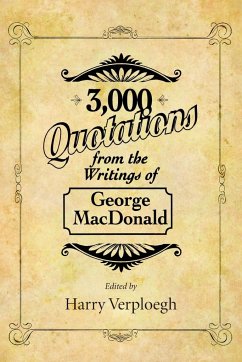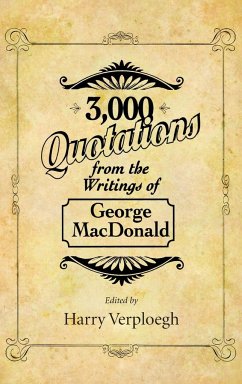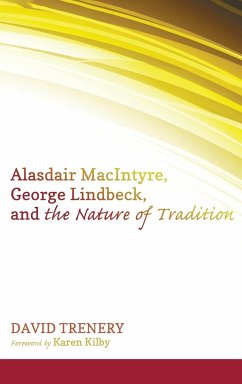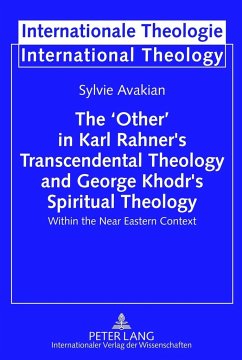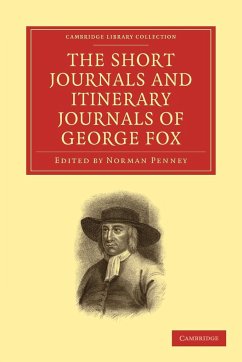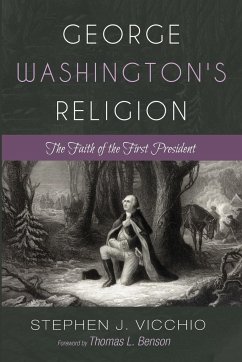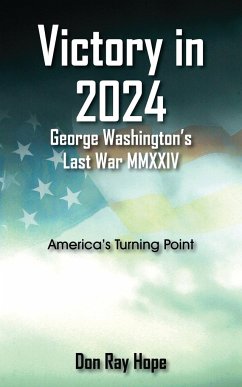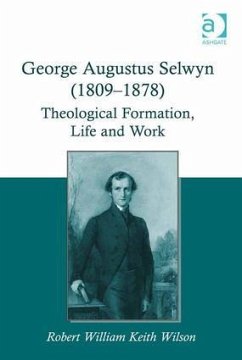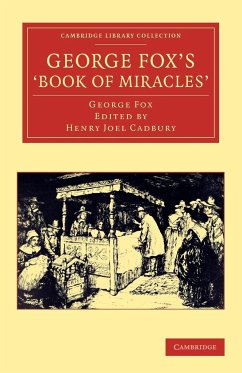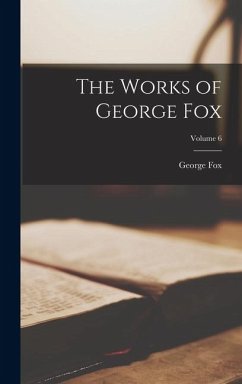
Theology of George MacDonald

PAYBACK Punkte
0 °P sammeln!
George MacDonald (1824¿1905) was writing at a time of Evangelical unease. In a society ravaged by Asiatic cholera, numbed by levels of infant mortality, and fearful of revolution and the toxicity of industry (to name but a few of the many challenges), the ¿gospel¿ proclaiming eternal damnation for unbelievers was hardly good news; rather, Christianity was increasingly viewed as the source of bad news and a tool of state oppression. MacDonald agreed: in his view, the church had become a vampire, sucking the blood of her children instead of offering them Eucharistic life. In contrast, like Ch...
George MacDonald (1824¿1905) was writing at a time of Evangelical unease. In a society ravaged by Asiatic cholera, numbed by levels of infant mortality, and fearful of revolution and the toxicity of industry (to name but a few of the many challenges), the ¿gospel¿ proclaiming eternal damnation for unbelievers was hardly good news; rather, Christianity was increasingly viewed as the source of bad news and a tool of state oppression. MacDonald agreed: in his view, the church had become a vampire, sucking the blood of her children instead of offering them Eucharistic life. In contrast, like Christ, MacDonald offers us a child. Although at first sight a familiar Romantic incarnation, in MacDonald¿s theology ¿the child¿ becomes an unlikely icon challenging the vampire¿s kingdom and confronting the foundations of much of Western theology. John R. de Jong¿s meticulously researched study of MacDonald¿s work ¿ especially his ¿realist¿ and fantasy novels ¿ in its Victorian context is of more than historical interest. In light of the growth of fundamentalist expressions of Christianity, we are encouraged to consider embracing MacDonald¿s radical solution to religious vampirism: becoming children.




